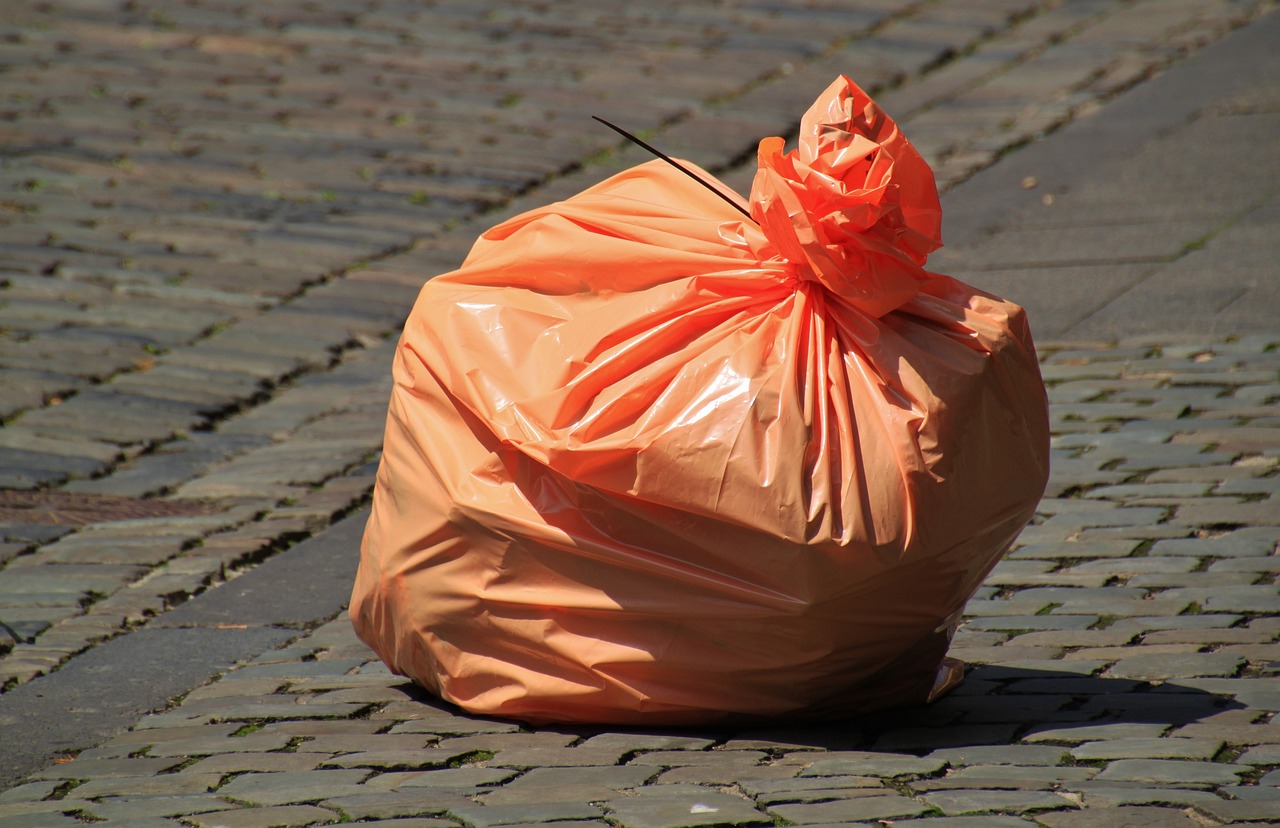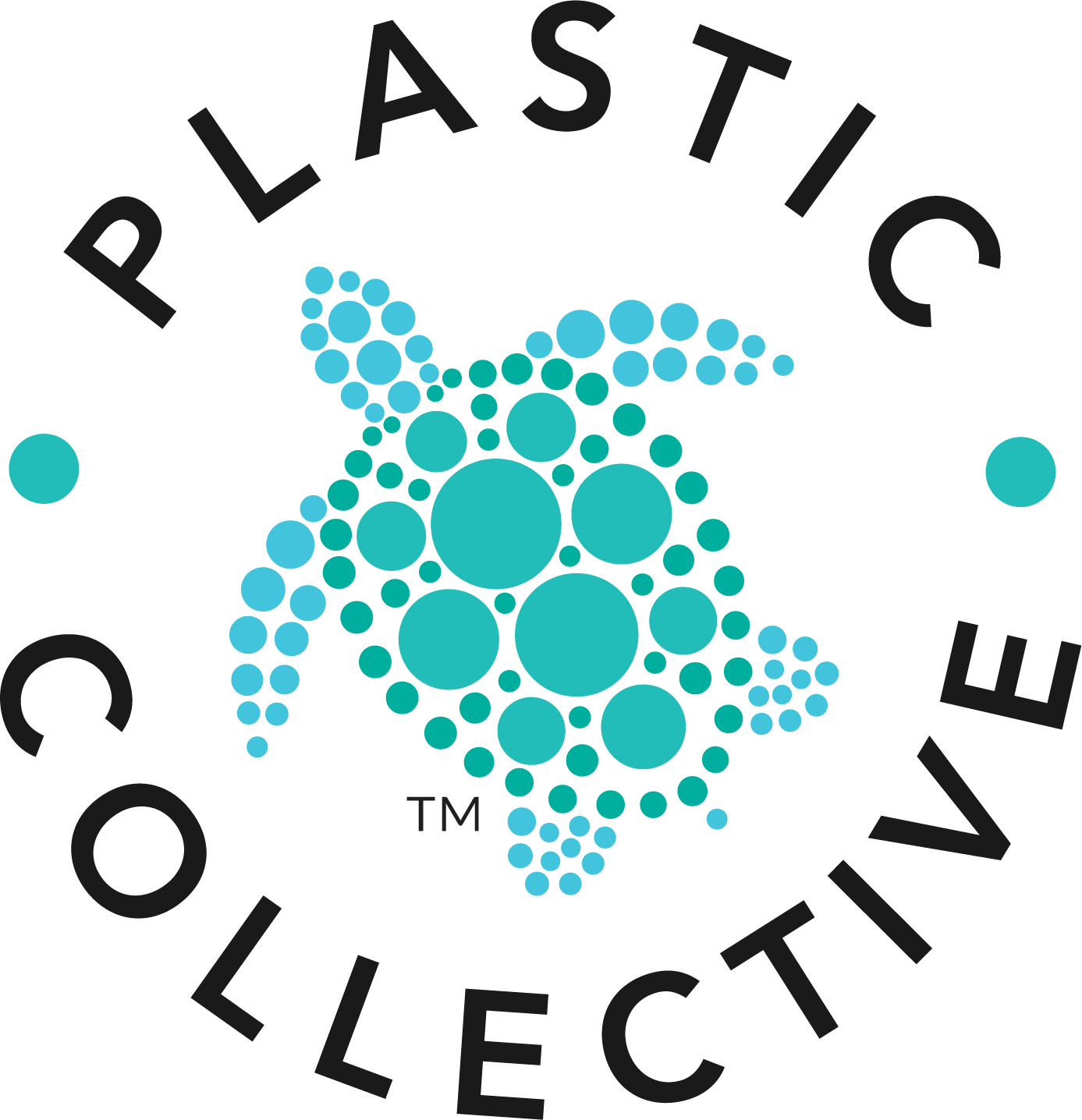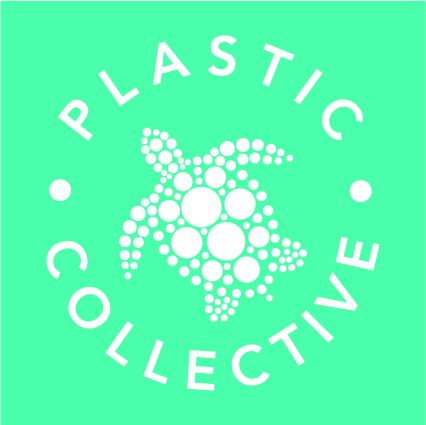The Plastic Waste Problem and its Solutions

We’ve all come across plastic waste in some form or other. You can find it in our homes, in our streets, and in our oceans. Plastic pollution has become a global issue that needs to be addressed urgently.
While there have been some inroads over the years in terms of attempting to reduce plastic usage and changing the way plastic is dealt with once it is discarded, plastic usage continues to increase in most countries. This means the plastic problem poses a significant threat to the environment, and yet more needs to be done.
The Issue of Plastic Waste
Plastic waste is one of the most serious environmental issues of our time. It has been estimated that over 300 million tonnes of plastic is produced annually and around 14 million tonnes of plastic end up in the oceans around the world. Not to mention the tonnes of plastic that end up in landfill or into the general environment each year.
This can lead to the contamination of both land and water with plastic debris. To make matters worse, plastic does not degrade easily and can stay in the environment for a long time. Depending on the plastic it can take between twenty and five hundred years for the plastic to decompose.
The plastic waste problem has been around for many years, but it is only recently that people have started recognizing it as a major environmental issue that needs to be addressed.
Causes and Effects of Plastic Pollution
One of the main cause of plastic pollution is by the use of single use plastics. Common single use plastics include water bottles, straws, food containers, plastic bags and plastic packaging. As the name suggests this type of plastic is designed to be used once and then disposed of. This has the potential to cause a number of issues. While single-use plastics have made our lives convenient, this has come at a cost.
One of the big problem relates to the improper disposal of plastic. Much of the plastic waste comes from the single-use plastic types which are not always recycled. As a result, these plastics accumulate in the environment and ultimately cause plastic pollution.
According to Our World In Data – 55% of these plastics will end up in landfills and 25% while are destined for incineration.
It is estimated that incinerating plastic in a single year will dump 850 million tonnes of greenhouse gases into the atmosphere. Greenhouse gas emissions also occur when the plastic industry manufacture new plastics since they use fossil fuels in their construction. This means that when plastic is disposed of through incineration the harmful effects are duplicated at the start and end of its life cycle. When this life cycle consists of just a single use it means the plastic material has a high cost in terms of environmental impact and for climate change.
However not all plastics are destined for incineration or recycling. Some do not even get that far and instead are dumped in the environment where over time they decompose.
Chemical leakage known as leachate, can occur and enter the earth, and the plastics release green-house gasses into the atmosphere. Plastics that are not disposed off correctly can also enter the waterways and in turn, the world’s oceans.
The effects of this type of plastic litter is far-reaching. It can have a devastating impact on the environment and the health of wildlife which now, even includes humans over time. The most immediate effect from introducing plastic waste into the environment is the destruction of habitats and ecosystems.
Plastic waste accumulates in the oceans, lakes, and rivers, and can choke and suffocate aquatic life. As mentioned, plastic also contains various toxins, which can leach into the environment and contaminate water sources. This can cause serious health problems for animals and humans.
While fishing gear is a big source of plastic and general waste pollution in the ocean other forms of plastic such as single use plastics are also major contributors. 20% of ocean plastics is from sea-based sources, while 80% of the plastics found in the ocean are from land based sources.
Animals can ingest plastic and micro plastics have been found in the stomachs of marine life. The ingestion of plastics can cause the death of the animal, disrupting the lifecycle, food chains and the ecosystem that the animal is a part of. When this is disrupted, biodiversity can also be impacted and the environmental impact can be huge. In the marine environment all creatures are affected by plastic pollution. From fish, plankton to seabirds. Over 900 species of marine megafauna (birds, turtles, whales and dolphins) have been found to ingest or get entangled in marine debris
The Microplastics Problem
In addition to the plastic waste problem, there is also the problem of microplastics. Microplastics are tiny pieces of plastic, which are smaller than 5mm in size. These microplastics come from the breakdown of larger plastic materials, such as bottles and bags, and can accumulate in the environment. Recently, microplastic particles have even been found in human blood. The long term effects of this are still to be understood fully.
Once microplastics enter the environment they can be extremely difficult to deal with. Ultimately the best way to tackle issues surrounding microplastics is to address the tons of plastic that enter the environment in the first place through proper waste management, before they get a chance to break down into microplastics and cause environmental harm.
Solutions to the Plastic Waste Problem
The plastic waste problem is a global issue and requires global action. There are various ways the issues surround plastic waste can be tackled. Generally, they can be divided into four main categories:
- developing sustainable alternatives
- reducing plastic usage
- recycling plastic waste
- implementing laws and regulations
One way of dealing with the plastic waste problem is to focus on sustainability and develop eco-friendly alternatives to plastic. This can be done in various ways and many companies have made strides in this area. Plastic has frequently been used as a material of convenience and in some cases alternative materials could not perform as well as its plastic counterparts or were simply cheaper to produce and therefore increased profit margins. However, with modern materials and processes this is not strictly the case any more.
Moving away from plastic made with carbon polymers is something that has been tackled by a number of material manufacturers. There has been a lot of progress with the development of biodegradable materials, that can be used as plastic alternatives such as paper, bamboo, and corn starch. These materials are generally more eco-friendly, but historically have come at an increased cost. For some businesses this increased cost can be difficult to justify in a competitive market. Ultimately, the cost of sustainable materials has reduced and will continue to reduce and become more cost effective as its use becomes more wide spread.
For some businesses the switch to different materials is less problematic but is still something that needs to be factored into production and sales costs. This is often why government has needed to step in to legislate against the use of plastic for certain product types. Some recently examples of this are banning the use of plastic drinking straws and plastic carrier bags. In some cases the items haven’t been banned but instead an environmental tax has been imposed on the item.
Legislation and taxes aside, finding alternative materials to use instead of continuing to focus on the production of plastic helps with one of the key elements of successfully tackling the plastic problem – which is reducing plastic usage in the first place.
Reducing Plastic Usage
When it comes to materials and packaging in general, for some product types the material used in its production may not be as sustainable as you might imagine. One example is single use drink containers. The manufacturer of aluminium cans, glass bottles and plastic bottles all have a cost on the environment. Switching from plastic to one of the other materials may have some environmental benefits (plastic being a potential pollutant) but the real gains are found in terms of the products recyclability and the ability to recycle the material in the first place. Since in many locations all rubbish will end up being disposed of together and is not recycled at all, any material will likely have some negative environmental impact, especially if its primary purpose is single use only.
This is why there have been incentives such as attempting to remove single use packaging at the point of sale. For example – coffee chains allowing customers to bring your own re-usable drinks container instead of providing a single-use cup, regardless of its recyclability potential. Reuse schemes can have a lot of positives but there also needs to be a consumer mind-shift away from convenience to pro-active engagement in plastic avoidance. Ultimately, the goal is an overall waste generation reduction which will tackle all forms of excessive manufacturing and not just virgin plastic.
This can be done by using reusable products, such as reusable bags and bottles, and by avoiding single-use plastics, such as straws and disposable plates. Ultimately, the goal being the reduction of single-use items which will reduce the need to manufacturer the item in the first place. Since single-use items are often made of plastic by moving to reusable containers it will help reduce the tons of plastic waste that enter the supply chain. These changes to the way a business operates can also save the business money once there has been a change in the mentality of the consumer away from convenience to conscientiousness.
Improved Recycling
Improved recycling is another way to reduce plastic pollution. By recycling plastic waste, it can often be reused and repurposed into new products, which reduces the amount of plastic waste in the environment.
Recycling plastic comes with its own issues. While pretty much all plastic can technically be recycled, it is often not always practical or cost-effective to do so for every plastic type. Depending on where a person lives can have a big impact on what particular plastic types can or cannot be recycled.
Another problem is that recycling facilities are not always available where they are needed most. For example – in a fast food establishment or when people are away from home and waste disposal has less flexible options. This issue has improved a lot over the years but again it is very dependent on how an individual country deals with the issue and is still a big source of where a lot of the single use plastics that enter the environment originate from.
Improving waste management systems where people need them most will help tackle the problem of plastics and other materials not being effectively recycled. Improving the circular economy of the lifecycle of global plastics is paramount to helping the environment.
Unfortunately, plastic recycling is a global issue but is often tackled at a local level. This is where organizations such as the United Nations work with countries to create legally binding agreements such as the End Plastic Pollution initiative to make changes such as with dealing with plastic pollution. Unfortunately, often these agreements are slow moving and can be compromised depending on the demands of individual nations who may have their own economic agendas.
Implementing Laws and Regulations
As we have already touched on, governments have needed to address the plastic problem through increased legislation and dictates on what materials can be used for certain product types, typically revolving around single-use items.
Nobody like bans but often change does not occur without intervention from the state. These laws and regulations have been introduced to help reduce the amount of plastic waste that is being created. This includes banning single-use plastics, such as straws and bags, and implementing taxes and fines on plastic products.
Many countries have already started to do this – but there is no global mandate for this. Any initiative that currently implemented is on a country by country basis and therefore the effectiveness of these legislations tend to be limited. When legislations and laws can be an effective way to reduce plastic pollution, these rules need to be in place in the first place, and not every country is committed to the same degree.
How the Plastic Collective Can Help
The plastic waste problem is a global issue that needs to be addressed. It is essential that steps to reduce the amount of plastic waste in the environment are taken, as this can have a devastating effect on the environment and long-term human health.
By developing sustainable alternatives, reducing plastic usage, recycling plastic waste, and implementing laws and regulations, a real difference in the fight against plastic pollution can be made.
The Plastic Collective helps reduce the plastic problem in a number of innovative ways.
Plastic Collective work with communities to reduce plastic waste. The Plastic Collective provides education programs and supply machinery and training to communities to build sustainable plastic recycling micro-enterprises. The Plastic Collective also provides a marketplace for communities to sell the recycled plastic products that are produced.
The Plastic Collective also supports businesses reduce their plastic footprint through our innovative plastic offsetting scheme. We can help you identify, plan and improve areas of your business in terms of plastic reduction.
Image by Anja from Pixabay

